Business leaders are called to ensure that the country continues to see the future.

The country has recently experienced difficult days in terms of security, reminiscent of events more than three decades ago, when bombs were also launched and presidential candidates were assassinated. "It's a unique and very challenging situation that requires any type of conversation between leaders in Colombia to ensure that this country continues to see that the future is possible and that it is a possible country."
With this reflection, EL TIEMPO's director, Andrés Mompotes, opened this week the series of meetings "Leaders and Companies That Build the Country" 2025, which this publishing house is promoting for the second time, with the aim of discussing transcendental issues for Colombian society.
Business leaders, from industry, banking, and the energy sector, but also from service companies and the social sector, were called upon to promote the collective construction of this possible country, while remaining mindful of the challenges that the national and international reality presents.
"There's a lot to take care of, and the goal is to find a way to generate that shared vision, based on what we have and not on the destruction of what has been built over decades," explained the director of EL TIEMPO.
He recalled that at the 2024 meeting, the group of leaders broadly reflected on the need to "build trust" to make economic growth possible, with conversations that also touched on equity and sustainability, topics that entrepreneurs are addressing in many parts of the country.
The proposal is that the conversations in this cycle, which will be held monthly, will focus on issues that require new approaches, such as informality, health services , and the fiscal deficit. We have an economy with interesting data, but also with serious warnings.
The conversations will aim to identify challenges and share lessons learned and best practices. "We want you to contribute your perspectives in these spaces to identify what solutions and messages, which could be effective for Colombia, we can offer from this publishing house," the director of EL TIEMPO told the business leaders. As with the first meeting, this year's series of meetings will be led by Felipe Bayón, former president of Ecopetrol and current CEO of the oil and gas company GeoPark, and Ricardo Ávila, senior analyst at EL TIEMPO.
Bayón recalled that in 2024, topics such as the country's demographic shift, opportunities for large-scale agricultural development, the emigration of young talent, the work of various leadership initiatives, and the work of business leaders on social issues will be addressed. He invited those present to propose topics to be discussed at each session.
Following the introductory remarks, Ricardo Ávila presented his traditional analysis of the current situation at the cycle's meetings (see the attached note). His conclusions speak to a much more complex global environment in terms of geopolitics, trade, and economics, and highlight that the Colombian economy is improving, inflation is stagnating, and employment is a positive surprise. However, a complex fiscal situation persists.
"Colombia's main risk is entering a vicious cycle in which everything becomes intertwined." The economic situation, and in particular the fiscal pressures, which generate social impacts and create disincentives, could lead to a worrying spiral, according to the analyst.
“At the same time, there is a virtuous cycle that is possible. Colombia has enormous potential. The challenge is to regain confidence and, particularly, to recover investment, which is the way to avoid the impact of the coming adjustment,” Ávila said.
The guest This adjustment to the treasury's accounts will likely be required by the government Colombians elect in 2026, in a race that still has too many candidates vying for the presidential ticket. These candidates have already entered the filtering phase based on political agreements, favorability polls, and consultations to establish broader-based leadership positions. However, there are initiatives that address next year's electoral agenda with different visions, such as the one promoted by Francisco Manrique, founder of the Origen leadership network, the special guest at this first meeting of business leaders.
The initiative is based on the idea of developing "an innovative, emotional, and courageous strategy to care for Colombia," which sows a new narrative around caring for and valuing the country's good. It posits that Colombia is "a common good" and caring for it is a "collective responsibility."
The reactions of the invited businesspeople were very positive. They found it refreshing and inspiring, and aligned with the goals of several of the companies represented, which are interested in generating hope and working with communities to move the country forward.
“Francisco Manrique presented us with an option, and there are likely many people, communities, or groups working on similar issues,” Bayón emphasized.
During the meeting, Bayón agreed with other participants on the importance of reversing the gas deficit and ensuring energy sovereignty, a crucial element for the country's competitiveness and social development.
At the end, he shared an anecdote from his conversations with Philip Yeo, one of the founders of Singapore 60 years ago.
“He told me: we don't have land, we have to make it; we don't have water, we have to extract it from the sea, desalinate it; we have to import food; we have to buy energy; we go to universities in other countries and offer students a passport and a job. You Colombians have land, water, food, energy, and people. The only thing you don't have yet is the ability to agree on what kind of country you want.”
The proposal to take care of Colombia “What seemed like a naive slogan became a silent revolution. 'Colombia is good and worth protecting' is no longer a phrase: it's a social, cultural, and political practice. The greatest achievement has been awakening a renewed national pride.”
This is how Francisco Manrique, entrepreneur and co-founder of the leadership network Origen, imagines the beginning of the epilogue to an article in The Economist about the project he promotes with other leaders.
This proposal is based on the fact that we are in a highly complex environment, where there is a very active destructive narrative on the one hand and, on the other, a citizen who is distrustful, apathetic, and resigned. "And they are waiting for a breath of fresh air."
The idea is to confront this reality by finding unity around a new narrative that recognizes positive role models and, on the other hand, instills the value of caring for the good in the country as a "collective responsibility."
This new narrative would facilitate uniting diverse sectors under a common vision, "seeing diversity as a great asset." It would also integrate the emotional and rational, prepare citizens for change and moderate their expectations, and ultimately mobilize them toward collective action based on hope.
The project seeks to base this citizen mobilization on creating leadership communities by activating diverse groups. To this end, they are already working with entrepreneurs, universities, young people, adults, women, unions, educators, artists, people in the health sector, cooperatives, community leaders, and "even organizations in housing complexes, where 32 million Colombians live."
According to Manrique, grassroots action must translate into the creation of a "national choir" involved in the electoral issue. The proposal to build collective leadership led them to argue that winning Congress, "where the real decisions that affect us all are being made," is just as important, if not more so, than appointing a President of the Republic.
"In short, this is a great opportunity to create a citizenry that supports and cares for this country."
The end of the epilogue he wrote reads: “Millions of citizens, from different sectors, understood that caring for their country also meant caring for their own future. This emotional shift has facilitated governability. The new government, forced to undertake a profound institutional reconstruction, has counted on a mobilized citizenry that supports the changes, but that demands and participates more. Not because they blindly trust their leaders, but because they trust themselves.”
The economy is showing good data, but the fiscal deficit is worrying. "There is someone who is shaking up the paradigms established since World War II," said Ricardo Ávila at the beginning of his analysis of the current situation to business leaders. That someone is none other than Donald Trump, whose actions in just seven months of his tenure in the White House have greatly complicated a global landscape where hegemonies are absent and fragmentation is expressed in conflicts with no easy solution and growing tensions.
The NATO crisis, which seemed destined to last for centuries, is one of them, and is intertwined with the Ukraine-Russia conflict, whose solution remains in limbo while violence and destruction continue on the ground; the Middle East, where the current debate revolves around the famine in Gaza, and China-Taiwan, a dispute in which the giant would have everything to win, complete the quartet of geopolitical risks.
Economically, although the market shocks have calmed, the expectation of a shock remains. The price of oil resembles an electrocardiogram, while the "safe haven" gold remains strong and up. Inflation expectations, due to the impact of tariffs (the average today is eight times that of January), and mediocre growth keep the possibility of a recession open.
In Latin America, Ávila highlighted that there are signs of swings in several countries in the upcoming elections.
Venezuela, the topic generating the most buzz in the region today, is not yet a major topic in the US press. An invasion of the neighboring country has minimal chances, and with the presence of US frigates near its coast, the main objective would be to "unnerve Chavismo and create dissent."
Regarding the United States-Colombia relationship, everything indicates that a possible decertification over the handling of the drug issue would not have an immediate concrete effect, but it cannot be ruled out that it could lead to decisions at some point.
Speaking of the local economy, Ávila emphasized that the country's growth figures this year are not bad, but they are still below the historical average of 3.5%. A result close to 2.9% was expected in the second quarter, but it ended up being 2.1%. Despite this, it is clear that domestic demand, "which is today the main driver of the Colombian economy," remains strong.
The growth figure wasn't as good, as two sectors saw negative growth: oil and mining, with a drop of nearly 10%, and construction, with a drop of -3.5%, "without other sectors, which have been much more dynamic, such as agriculture, showing signs of improvement as they had in previous quarters."
Factors such as remittances partly explain the positive performance. They already exceed oil exports. “In practical terms, we are exporting people.” Colombians living abroad sent $11.8 billion to the country, and this year we are growing at a rate of 9%. “That means, in terms of purchasing power, more than 50 trillion pesos, equivalent to almost 2.5% of GDP.”
Another favorable factor is coffee. "Half a million families who make a living from growing the bean are once again seeing prices above $4 a pound, and this also boosts consumption."
On the other hand, inflation remains at acceptable levels , and unemployment, as reported by DANE, is at a record low.
The greatest concern is the fiscal deficit, which this year could reach 7.5% and, without tax reform, 8.2% of GDP, higher than during the pandemic and a record in decades. This reform is linked to the 2026 budget, which all indications are that it could be issued by decree like the current one because the political climate would prevent an agreement between the Executive Branch and Congress.
Finally, Ávila emphasized that surveys show that the majority of Colombians believe the country is not on the right path and are particularly concerned about public order.
The voices of the leaders 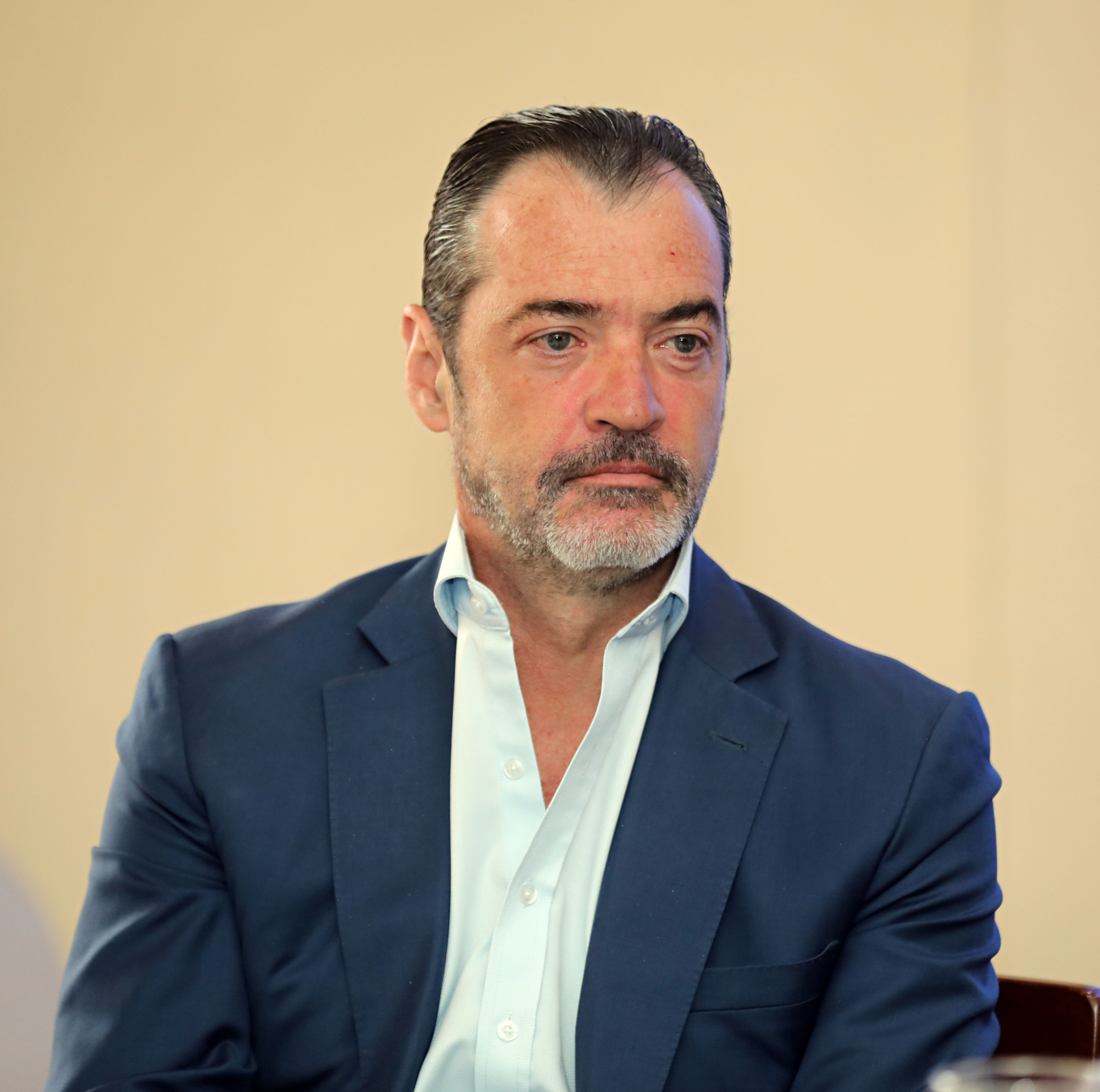
Javier Rodríguez, Vice President of Aecom. Photo: CEET
We must recover the classic engines of the Colombian economy. We must break away from the complex. It's not a bad thing to be a country that produces and exports hydrocarbons and builds infrastructure. Pride in local capabilities and solving real problems is what creates a new country.
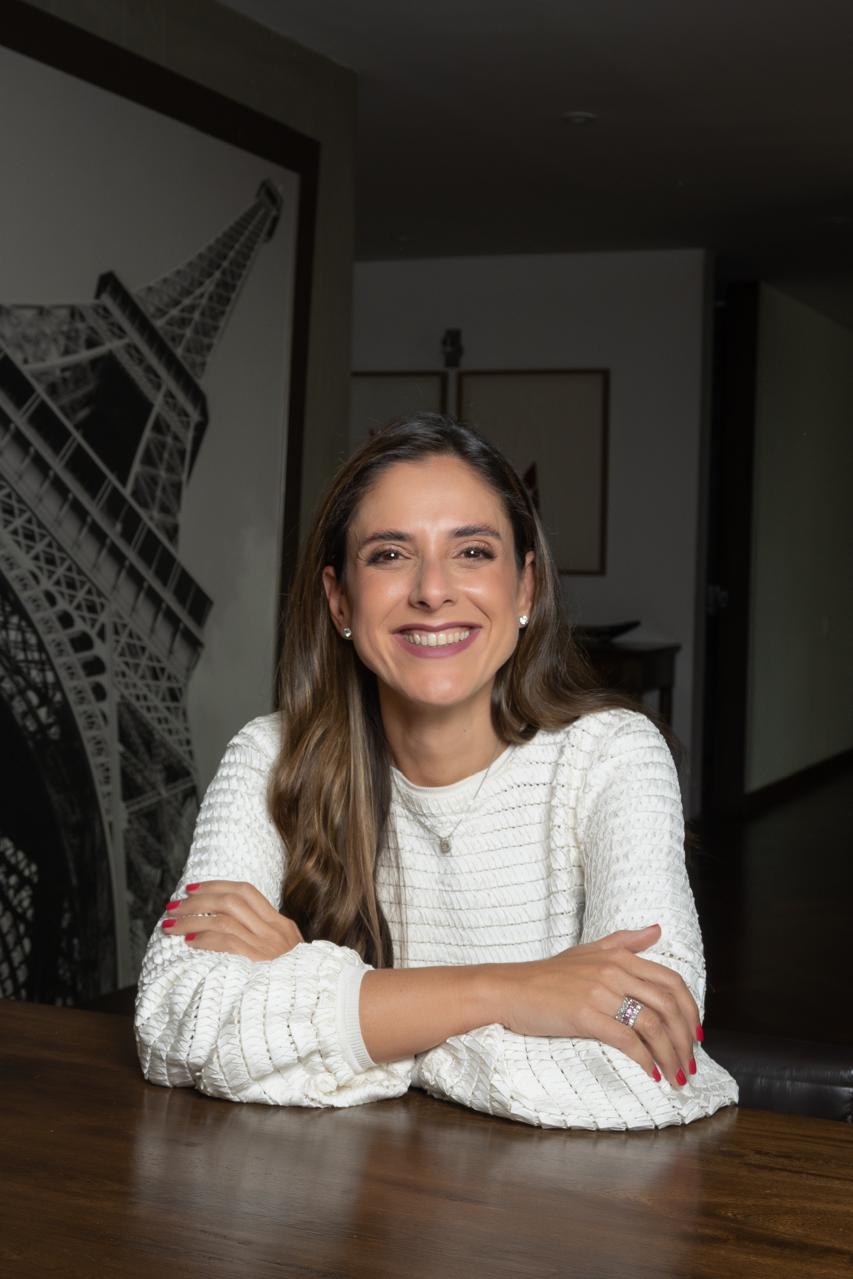
Natalia Gutiérrez, President of Acolgen. Photo: Acolgen
It's refreshing and inspiring, amidst this hostile environment, to find initiatives like Francisco Manrique's. It's an exercise that should be undertaken in every sector. Despite the blows we receive daily, there are many of us who haven't lost hope.

Erika Zarante, CEO Latam Colombia Photo: Latam Colombia
Our collective vision is built by strengthening public-private partnerships and working collaboratively on initiatives that impact key sectors. We promote the use of sustainable fuels and encourage actions that benefit the communities where we operate.
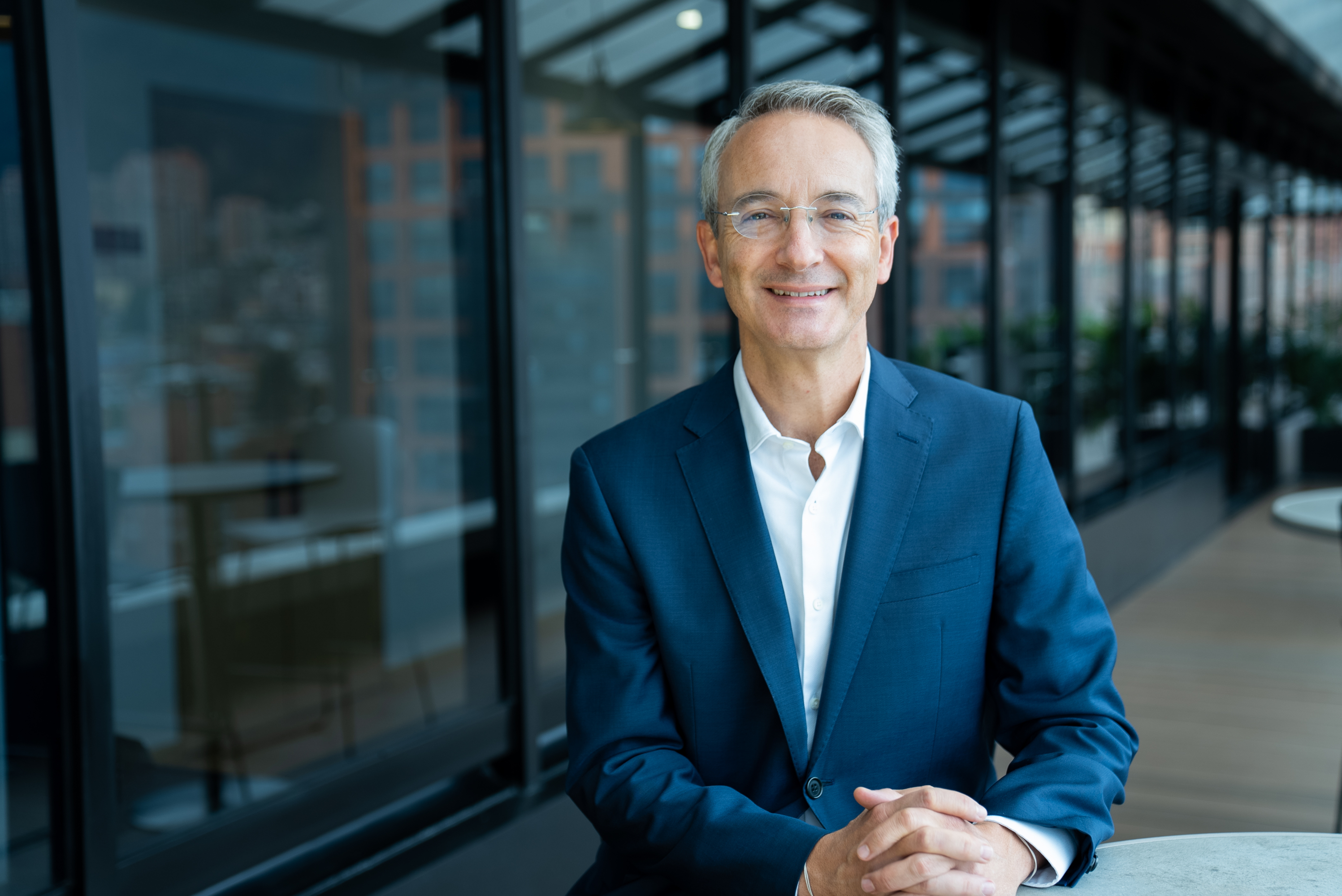
Mario Pardo, President of BBVA Photo: BBVA
As companies, we contribute to this possible country by investing in expanding our capabilities so we can reach more Colombians and more companies with the projects they need to fulfill their plans, their dreams, and help Colombia grow.
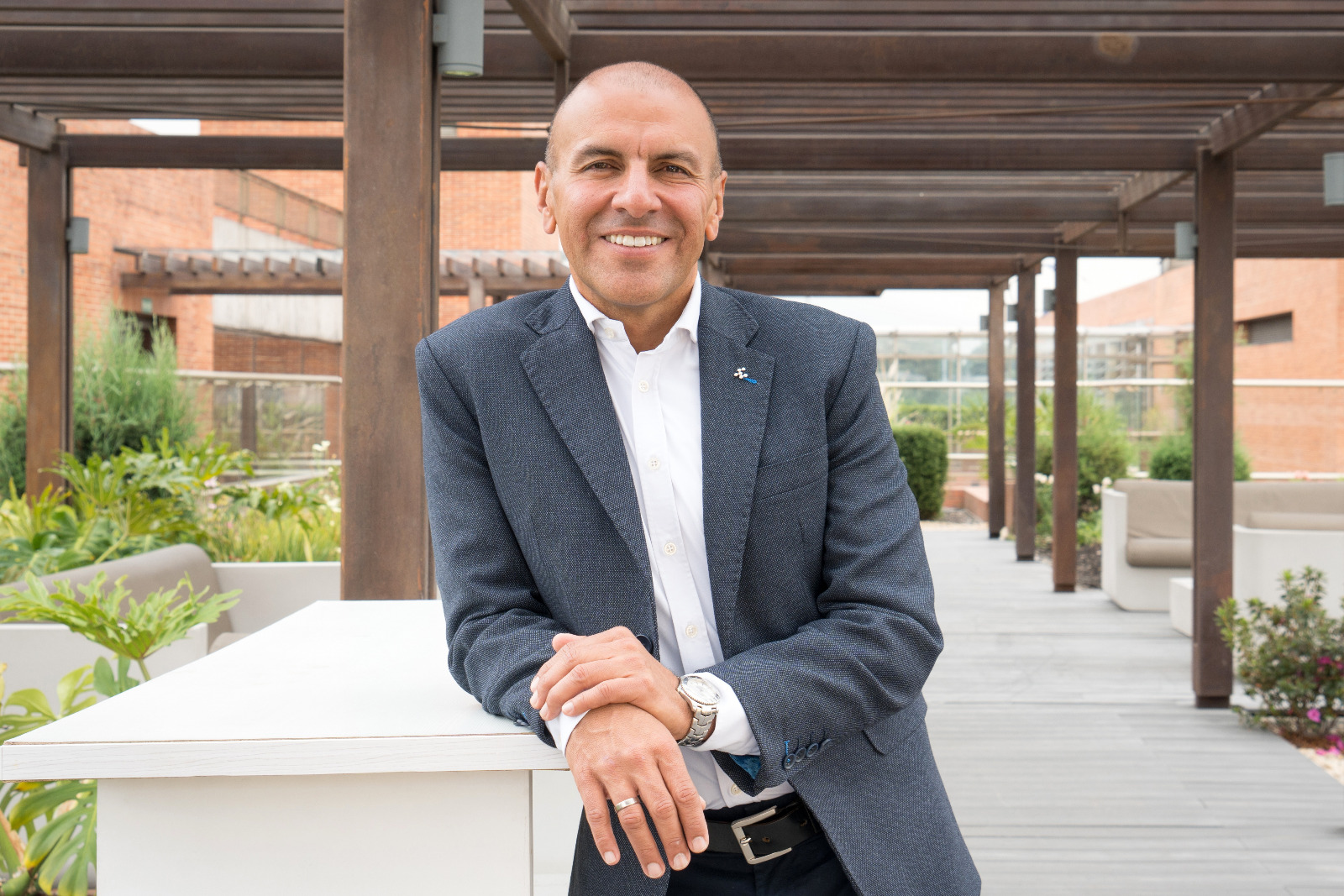
Carlos Mauricio Vásquez, Director of Compensar Photo: Compensar
Most of us want to move away from polarization. Rather than leaders, we must seek programs that speak to protecting private enterprise, respecting institutions, achieving peace, and eliminating poverty. Consolidating the idea of equity is key.
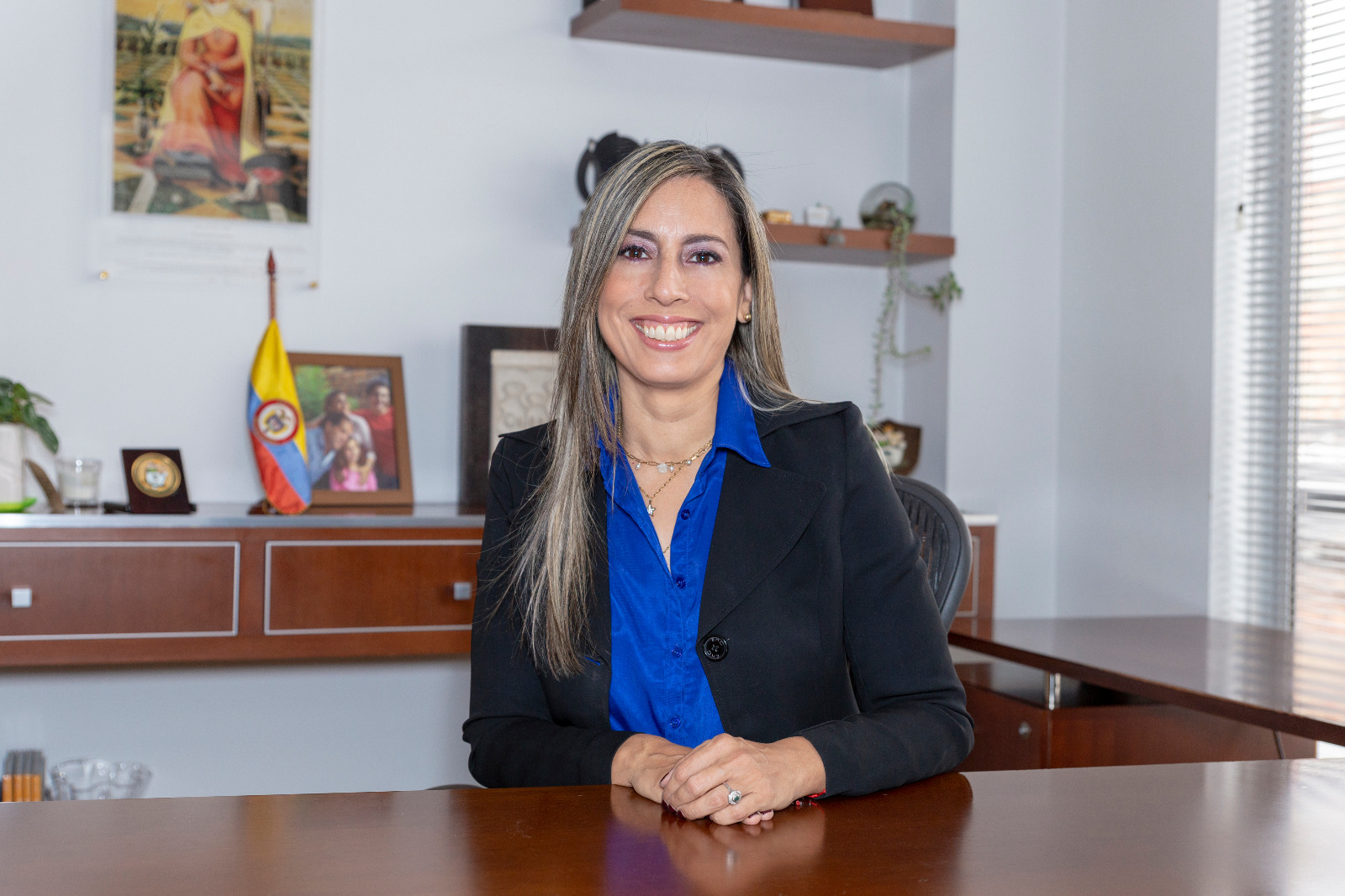
Adriana Solano, Colombian Security Council Photo: Colombian Security Council
I represent a non-profit organization committed to the well-being of workers for 70 years. If companies take care of them, they take care of families, communities, and the country. Supporting SMEs in the face of today's challenges is key. We are concerned about the shutdown of the hydrocarbon sector.
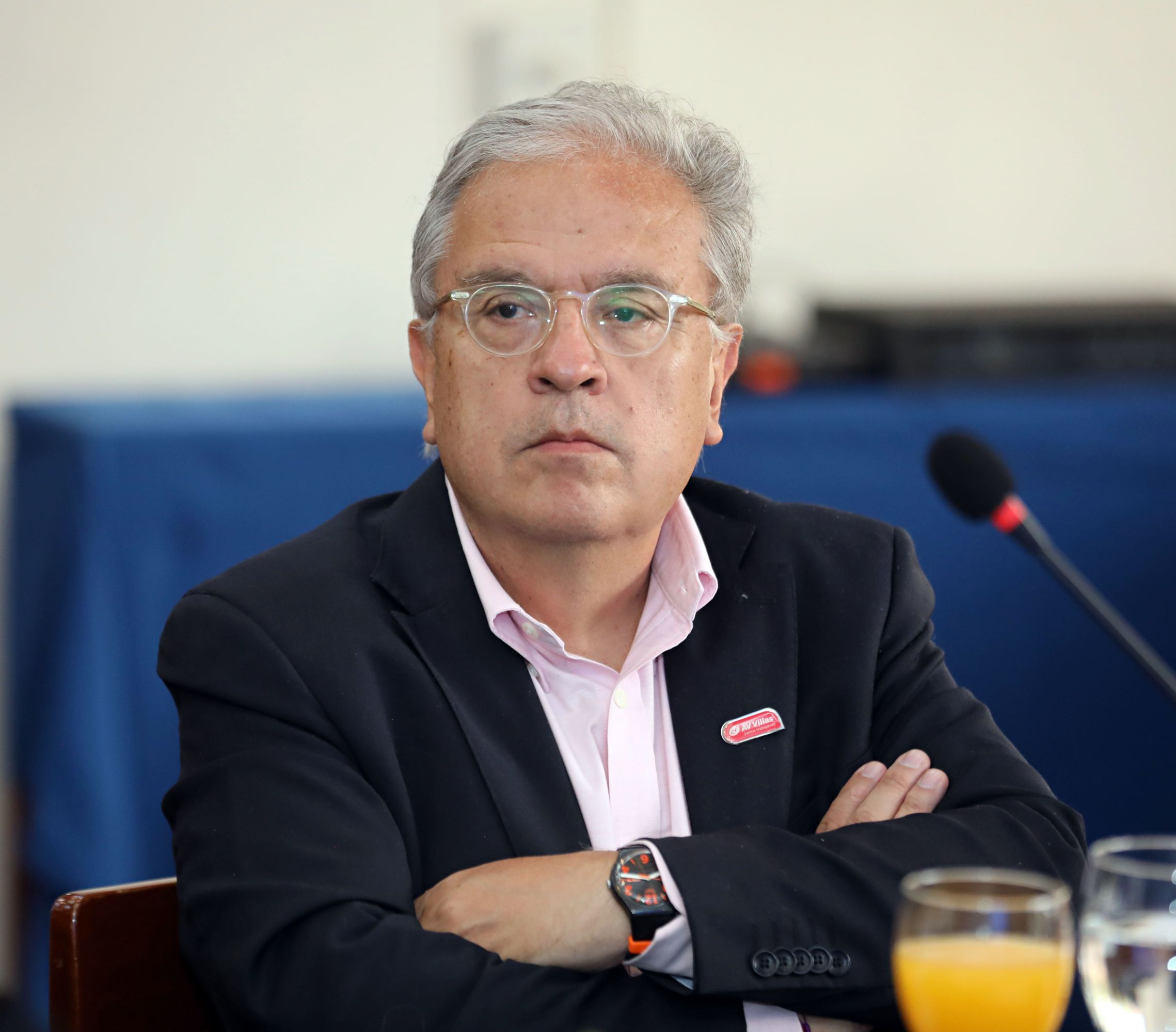
Gerardo Hernández, President of AV Villas Photo: CEET
The sectors in decline are those for which policies were changed: oil, construction, concessions, mining, and energy. GDP growth was expected to be 2.9% in the second quarter. It was 2.1%, leaving doubt as to whether the driver of consumption will be sustainable.
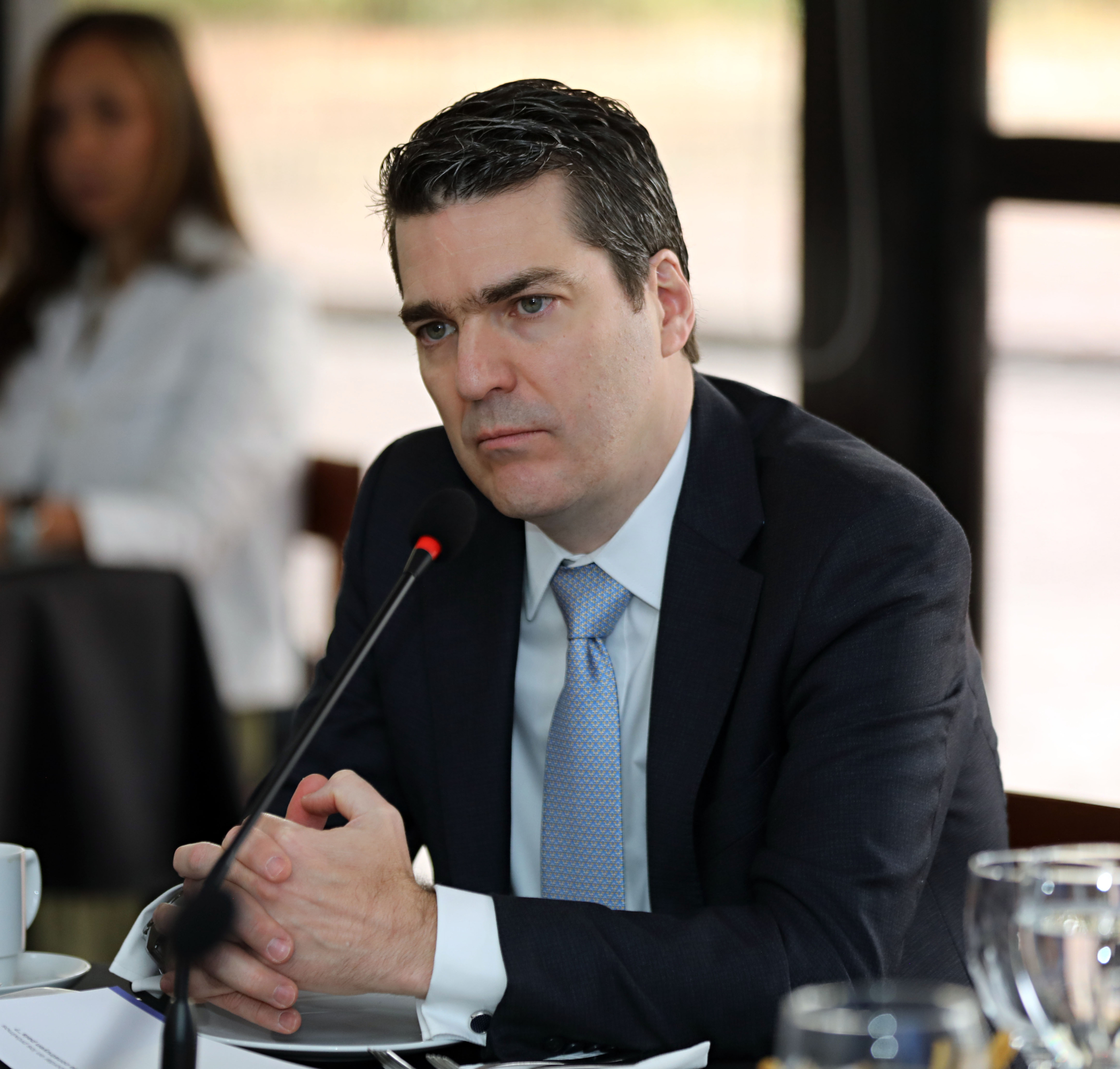
Mauricio Patiño, Planned Construction Manager Photo: CEET
Sometimes we struggle to recognize the positive aspects of companies. ProBogotá, ProPacífico, etc., are trying to do so. In the sector, we're promoting hope, and we've seen better home sales than in 2024. It's clear that people are also investing in the country.
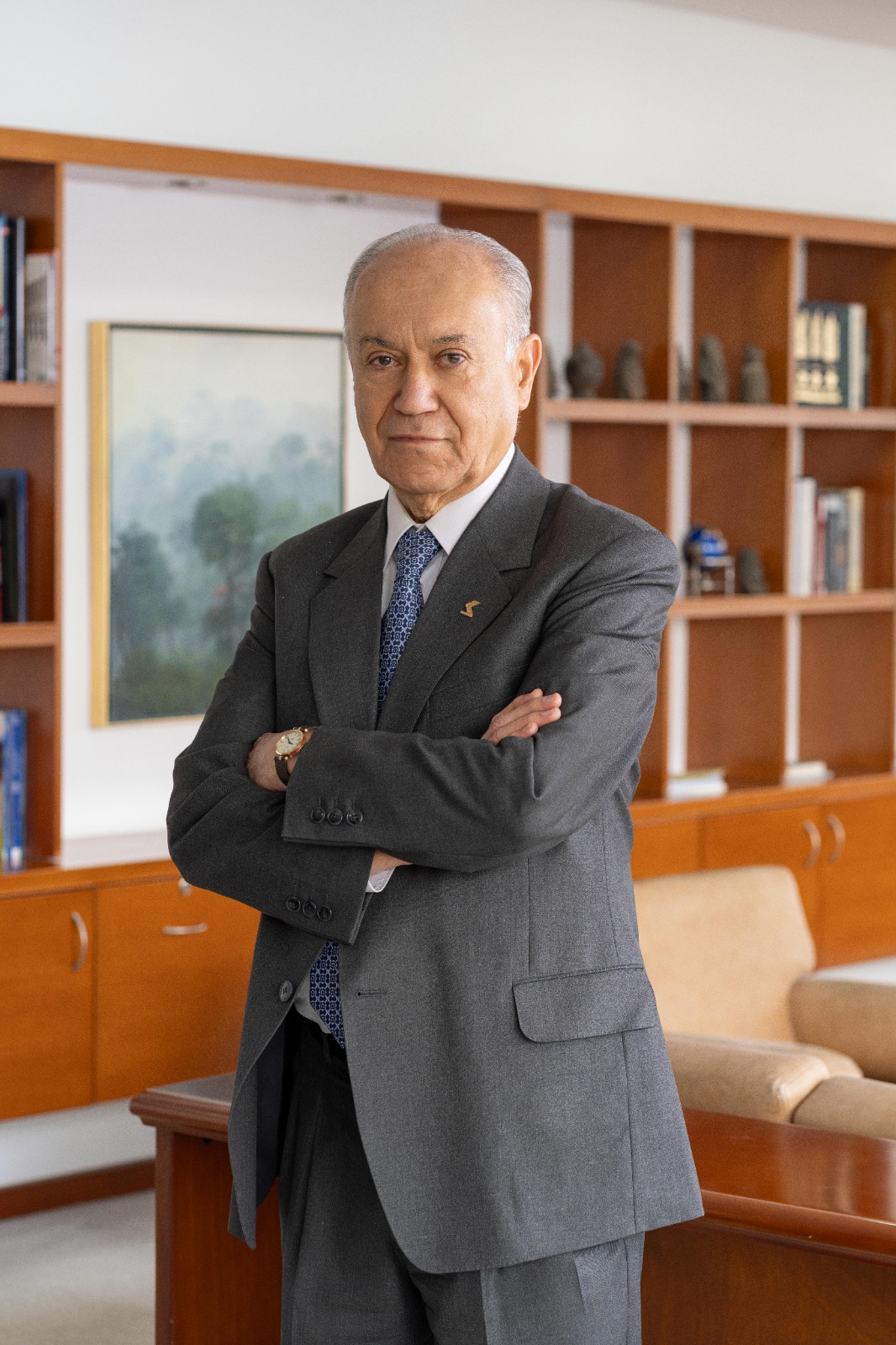
Luis Arango, Director of Colsubsidio Photo: Colsubsidio
The collective vision is achieved through the implementation of the concept of collaborative governance, which is understood as the joint action of public and private actors to address and solve social problems. Only in this way will it be possible to overcome the country's major challenges.
eltiempo





